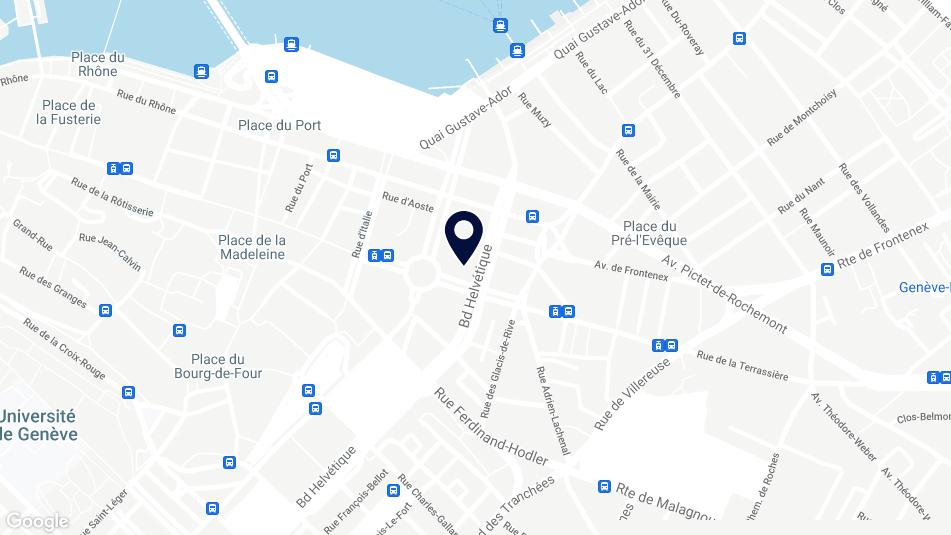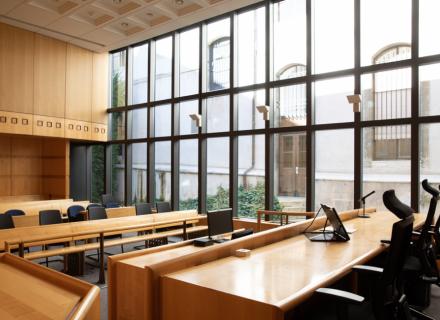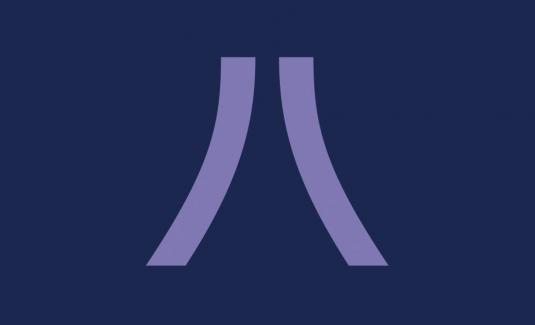Step 2: the conciliation
All proceedings begin, except as provided by law, with an attempt at conciliation. It is conducted by a conciliating judge and must be held, so far as possible, within 2 months after the submission of the request. The defendant receives a copy of the request with the summons.
The parties must appear and may be assisted by a close relative (a confidant), a lawyer, or any other professionally qualified agent (e.g. a union secretary), who will accompany them, if necessary, throughout the proceedings.
In some situations, you may be represented at the hearing by a third party.
At the end of this hearing, 2 options are possible:
This agreement is recorded in the conciliation report which is equivalent to a judgment and a copy of which shall be provided to the parties.
If no conciliation is achieved, you will receive an authorization to proceed which allows you to bring the case to court within 3 months.
The conciliating judge may also issue a decision at your request as long as the amount in dispute does not exceed Fr. 2'000.-. This decision can be challenged.
In some cases, if no agreement is reached, the conciliation authority may also formulate a proposal for judgment to which either party may object within 20 days. If necessary, the conciliation authority will issue an "authorization to proceed" which will allow you to continue the proceedings in court.
Step 3: conduct of the proceedings by the court
The court is composed of a judge who serves as president and 2 judges (employer and employee).
Upon receipt of the claim and the authorization to proceed, as well as the supporting documents, the court sends a copy to the defendant and sets a deadline for a written response.
The proceedings then involve 4 steps:
1/ The investigation (preparatory measures to complete the case file)
2/ The taking of evidence (hearing of the parties and any possible witnesses)
3/ The pleadings (confirmation of everybody's position)
4/ The deliberations (they are held without the presence of the parties)
Step 4: service of the judgment
At the end of the proceedings, the court renders its judgment, which is sent to you by registered mail.












